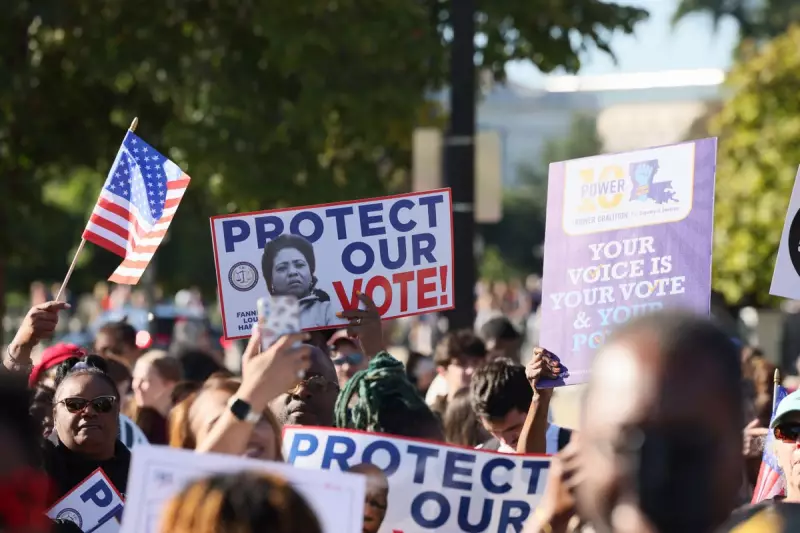
In a decision with far-reaching consequences for American democracy, the US Supreme Court has delivered a significant blow to the Voting Rights Act, siding with Alabama in a contentious redistricting case.
What the ruling means for minority voters
The court's conservative majority has effectively greenlit Alabama's congressional map, which civil rights groups argue systematically dilutes the political power of Black voters. This ruling represents the latest in a series of decisions that have gradually weakened the landmark 1965 civil rights legislation.
The Alabama redistricting battle
At the heart of the case was Alabama's congressional district map, where Black voters constitute approximately 27% of the population but hold influence in only one of the state's seven districts. Civil rights organizations had challenged the map, arguing it violated Section 2 of the Voting Rights Act by packing Black voters into a single district while spreading the remainder across others to minimize their voting strength.
Legal precedent overturned
The Supreme Court's decision reverses lower court rulings that had ordered Alabama to create a second district where Black voters could elect their preferred candidates. Legal experts suggest this ruling could have implications for similar cases in Louisiana, Georgia, and Texas where voting rights challenges are pending.
Reactions from both sides
Civil rights advocates have expressed profound disappointment, warning that the decision undermines decades of progress in protecting minority voting rights. "This ruling continues the Supreme Court's troubling pattern of dismantling protections for minority voters," said one voting rights attorney.
Meanwhile, supporters of the decision argue that it respects states' rights in determining their own electoral maps and prevents what they describe as "racial gerrymandering" to achieve proportional representation.
The future of voting rights in America
This ruling represents another milestone in the Supreme Court's evolving approach to the Voting Rights Act. In 2013, the court struck down the formula determining which jurisdictions needed federal preclearance for voting changes. Now, with this Alabama decision, the court has further narrowed the circumstances under which voting maps can be challenged for racial discrimination.
Legal analysts predict this decision will make it considerably more difficult for minority voters to prove that electoral maps violate their rights, potentially reshaping the political landscape in numerous states for elections to come.





